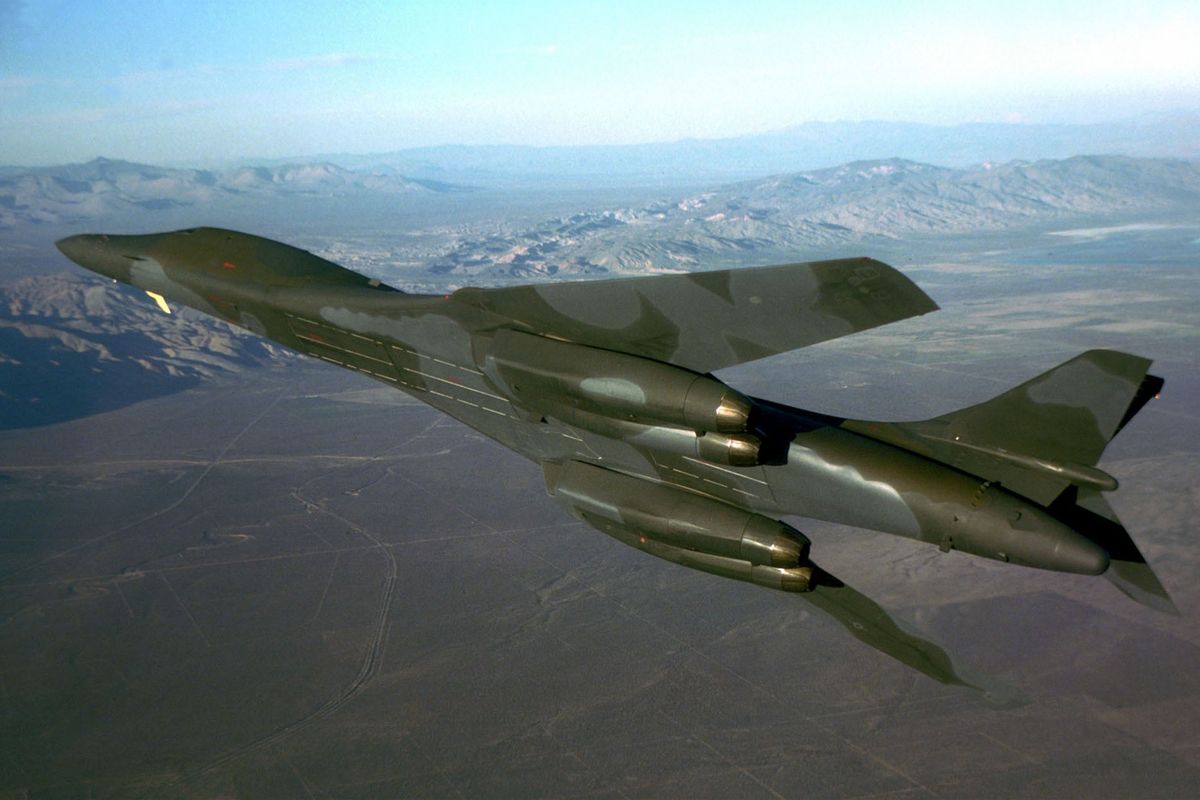In the late 1970s, Turkey experienced a convulsion of political violence between leftist and rightist factions that killed almost five thousand people by the time the military pushed out the government in a September 1980 coup d’état. The respite from violence was relatively brief, however. Since the mid-1980s, the terrorists of the Kurdistan Workers’ Party (PKK) and the Turkish state have been waging a war against each other that has taken the lives of tens of thousands. The recent violence in Ankara, Istanbul, and the Kurdish southeast is not unprecedented, but the fact that the PKK, an offshoot called the Kurdistan Freedom Falcons (TAK), and the Islamic State group are all targeting Turkey poses a variety of security challenges and dilemmas for Ankara. The Turkish military, which has laid siege to parts of the southeast; the police; and the National Intelligence Organization, do not seem to have an answer to the bloodshed except more bloodshed. Although episodic PKK violence has marked the Justice and Development Party (AKP) era, the general stability of the last thirteen-and-a-half years seems to have given way to a more uncertain and bloody future for Turks.
President Recep Tayyip Erdogan, who in 2014 abandoned a more inclusive approach to Turkish politics in favor of an increasingly strident nationalist tone, has used the violence to his political advantage. After the AKP lost its parliamentary majority last June, the ruling party used the violence of the PKK and the Islamic State to undermine coalition government talks, tie the legal Kurdish-based Peoples’ Democratic Party to the PKK, and outmaneuver the nationalists of the Nationalist Movement Party to regain the political advantage. In November, new elections to break the coalition-building deadlock produced an AKP majority once again. The four attacks in Istanbul and Ankara over the course of six weeks in early 2016 have only strengthened Erdogan’s hand, who has employed an expansive definition of terrorism to confront not only the PKK, the TAK, and supporters of the Islamic State, but also journalists and academics who are critical of the government.
Despite criticism both at home and abroad about the clear authoritarian turn in Turkish politics, Erdogan’s core constituency remains steadfast in their support of him. With the country under threat, there is a possibility that the Turkish leader will call for yet more snap elections to capitalize on the wave of nationalism that has coincided with the bloodshed. This is important because the AKP is just 13 seats shy of a 330-seat majority in the Grand National Assembly. If there are elections and if the party picks up the requisite number of seats, the AKP would be in a position to bring a draft constitution directly to the Turkish people in a referendum. Erdogan, who has made it his goal to alter Turkey’s hybrid parliamentary-presidential system (in which power flows to the prime minister) to a purely presidential system, believes he can win that vote, thereby formalizing the powers he has informally carved out and appropriated for himself in what is supposed to be an apolitical position with limited powers. It is possible that Erdogan could have accomplished this feat without the violence currently buffeting his country, but the blood running in Turkey’s streets and the public’s natural reaction to coalesce in support of its leaders during a moment of crisis—a phenomenon hardly unique to Turkey—may very well give him the push that he needs.
Although Ankara confronts threats from three different groups, it clearly prioritizes the Kurdish violence over that of the Islamic State. As Erdogan declared in September 2015, “For us, the number one threat is the PKK.” This is primarily a function of the apparently irreconcilable differences between Turkish and Kurdish nationalism. The former cannot countenance the latter because of the threat it poses to Turkey’s unity, and the latter cannot accommodate the former, because it denies the existence of “Kurdishness” in favor of an ethno-nationalist state based on “Turkishness.” This has put Turkey at odds with Americans and Europeans, who have made fighting the Islamic State their priority and have found allies in the Syrian Kurds’ People’s Protection Units (YPG), which is closely associated with the PKK. Washington maintains the fiction that the two groups are distinct, but few others, especially Ankara, do not. This only adds to the growing mistrust between the two traditional allies, as U.S. forces continue to coordinate with the YPG, reinforcing a narrative in Turkey that Washington is pro-Kurds.
The Turks also believe that the United States has made a grave error in its fight against the Islamic State in the Obama administration’s profound reluctance to take the fight directly to the regime of President Bashar al-Assad in Syria, which the Turks believe is a root cause of the Islamic State–phenomenon. Like the upsurge in attacks in Turkey’s two most important cities, the differences with the United States over the Islamic State has redounded to Erdogan’s political benefit, who has used it to publicly assail Washington for its alleged sympathies toward Kurdish nationalism. Given the large numbers of Turks who distrust the United States, criticizing Washington is almost always politically profitable for Turkish leaders.
The multiple threats confronting Turkey suggests a prolonged period of uncertainty during which Turks and Kurds are likely to pay a price. For all the bloodshed, though, this development may not negatively affect the fortunes of both Erdogan and the AKP. Instability will likely contribute to the further institutionalization of the AKP’s power and help Erdogan establish his much coveted “executive presidency.”













